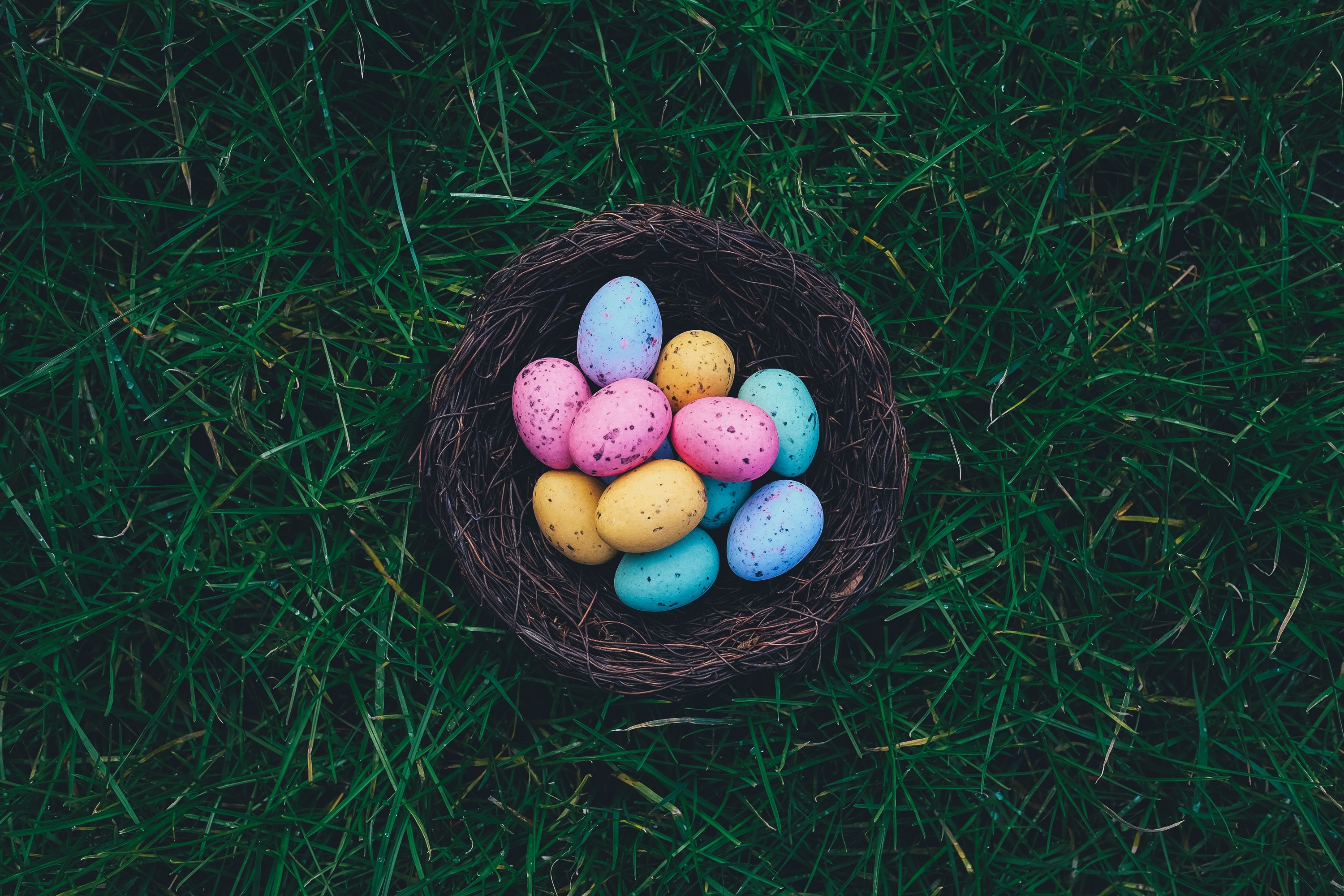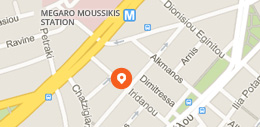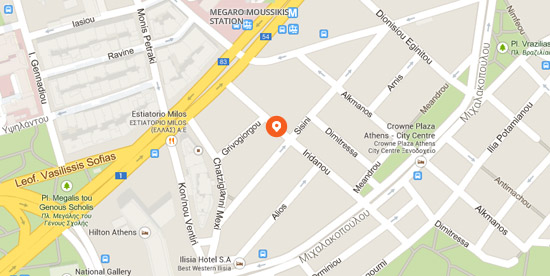A sweet Easter Holiday
Many times right at the end of a meal we realize we ate more than we should have. That is we were full long before we stopped. Why do we do that? Is this behaviour prevalent with all kinds of foods? We’ll try and give some answers.
Overeating may lead to obesity; understanding its cause is constructive for avoiding it. Then again there are foods which are more conducive to putting on weight. Those are the foods high in fat and sugar and we wonder why that is. Also, some of us might eat more during the holidays than the rest of the year.
Foods high in fat and sugar activate regions of the brain that are related to overeating. A recent study focused on comparing the effect the two have on reward from food as encoded in the brain. Sugar’s effect on activating brain regions responsible for reward was more profound. Furthermore, fat and sugar weren’t observed to interact in order to stimulate together those same regions.
With the Easter holiday not that long away it is worth noting a few tips that may help us restrict sweets and sugary foods in general.
- Take your time when eating food or sweets By extending this time interval we may enjoy food more but also we may feel satiated by eating less. Furthermore, it would be easier for us to realize when our appetite was satisfied and conclude the meal, thus avoiding overeating.
- Wait for dessert It is advisable for you not to eat dessert immediately after a meal. Let some time pass and observe how hungry you really are, if at all. Ask yourself do I really want to eat dessert or am I doing it mechanically just because it’s there. Maybe you may enjoy tea or coffee just after the meal in order to test if you would really want to have that dessert. Oftentimes we come to realize that our craving may fade off after a while.
- Avoid drinks that contain sugar Those are soft drinks, fruit juices and energy drinks. Research shows those who consume sweetened beverages do not compensate their caloric intake by eating less food. Fruit juices are not a better alternative. Although they contain more nutrients they have similar amounts of sugar and calories.
- Prefer dark chocolate Dark chocolate contains less sugar relative to other types; therefore reward in the brain is not as significant. In the context of a healthy diet, instead of offering a dessert to your guests try offering fresh fruit and dark chocolate.
References
Pan A, Hu FB, Effects of carbohydrates on satiety: differences between liquid and solid food, Curr Opin Clin Nutr Metab Care, 2011;14(4):385-390.
Stice E, Burger KS, Yokum S, Relative ability of fat and sugar tastes to activate reward, gustatory, and somatosensory regions, Am J Clin Nutr, 2013;98(6):1377-84.









